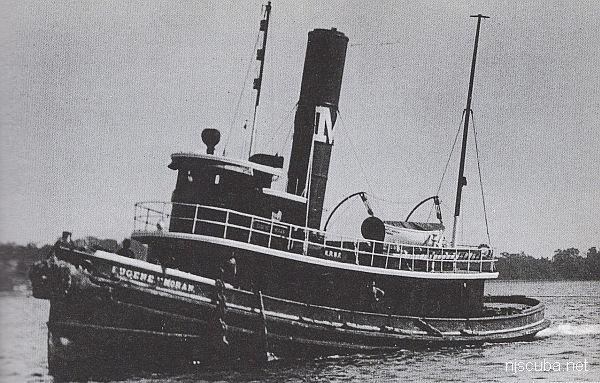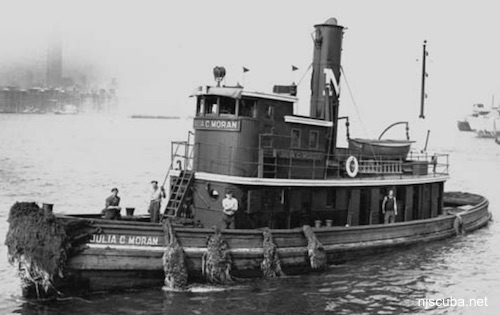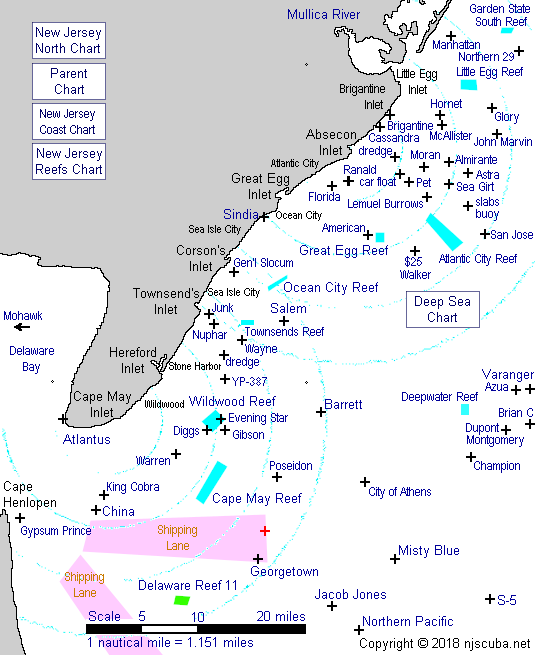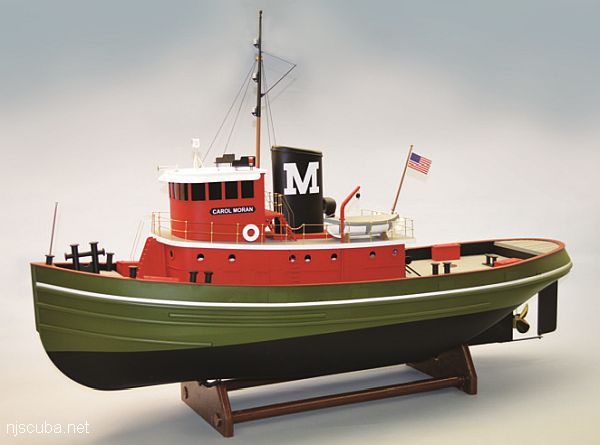Eugene F Moran

- Type:
- shipwreck, tugboat, USA
- Built:
- 1902, Philadelphia PA USA as Charles E. Matthews
- Specs:
- ( 91 x 22 ft ) 164 gross tons, 11 crew
- Sunk:
- Sunday December 9, 1917
foundered in storm - no survivors - Depth:
- 25 ft
Built in 1902, by the Neafie and Levy Engine Building Company of Philadelphia, Pennsylvania as the Charles E. Matthews for the Dailey and Ivins Company. In 1906, the tug was acquired by the Moran Towing Company of New York, New York, and renamed as the Eugene F. Moran. In 1916, she was acquired by the British Government. However, the tug was lost while in transit to her new owners. She was a single screw tug, rated at 1,000 horsepower.

completely demolished
Photo courtesy of McAllister Towing.



Questions or Inquiries?
Just want to say Hello? Sign the .